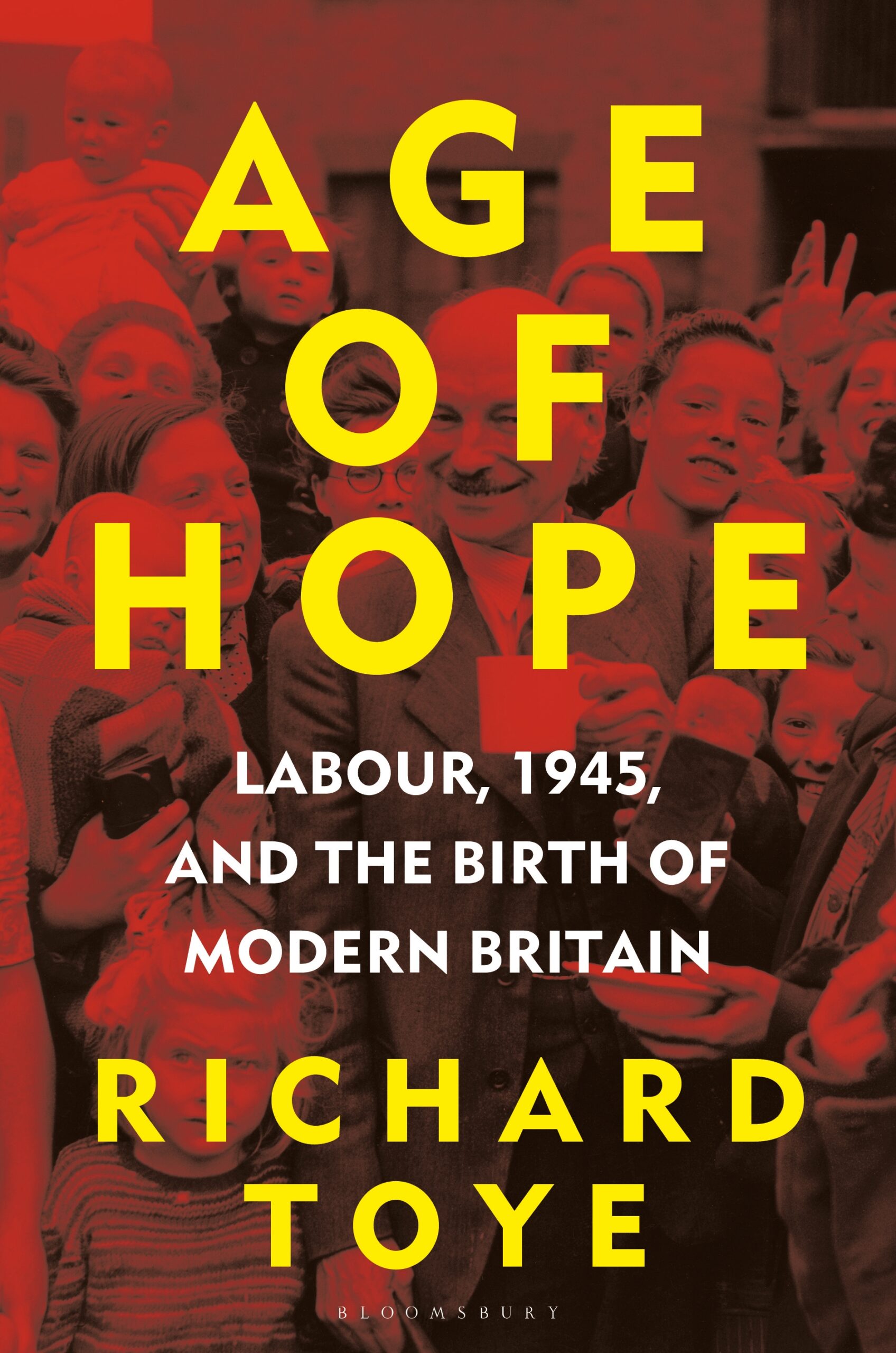The results of last week’s by-elections in Tamworth and Mid-Bedfordshire were spectacular. Sweeping away huge Tory majorities in what ought to have been safe Conservative seats, Labour broke electoral records and put a spring in the step of its activists. The outcome was so impressive that the party should now stop worrying about whether it is really going to win the next election. History suggests, however, that it should now start worrying instead about whether it is going to win the one after that.
Researching and writing Age of Hope led me to reflect on lessons the much-admired Labour government of 1945 can teach us today. I was partly seeking to answer the perennially intriguing question of how Clement Attlee, a competent and respected but seemingly uninspiring figure, could defeat the charismatic and colourful Winston Churchill, whose war leadership had gained admiration across the political spectrum.
But I also wanted to address the issue of why, having won a majority of almost 150 during the final phase of the war, Labour fell from power just six years later, and then plunged into internecine conflict. We might also ask: is there anything that Keir Starmer can do to prevent a similar scenario playing out again?
In order to answer that question, we need to think about Labour’s strengths and weaknesses as Attlee stepped over the threshold of No 10. His party had triumphed because it mobilised a mood of optimism about the possibilities of peacetime reform. It benefitted from having a coherent programme, but the inspired title of the manifesto – Let Us Face the Future – may have been more important in winning over voters than the detail of its pledges.
Although the National Health Service is now thought of today as the landmark achievement of these years, the manifesto disposed of the theme in just a few words. Labour stormed to victory not because voters internalised and were convinced by the minutiae of its policies, but because it conjured up a compelling overall vision.
- Tories have failed – only Labour has vision and will to tackle homelessness, says shadow minister
- By this reckoning, the Conservatives will have very few truly safe seats next election
Rather than assaulting the idea of the free market, the party argued that the free market was itself a myth, as private firms indulged in monopolistic and anti-competitive behaviour at the expense of ordinary people: “The price of so-called ‘economic freedom’ for the few is too high if it is bought at the cost of idleness and misery for millions.” By casting the issue in terms of public versus private control, Labour succeeded in selling socialist ideas, such as nationalisation, that had traditionally struggled to find support among the electorate.










